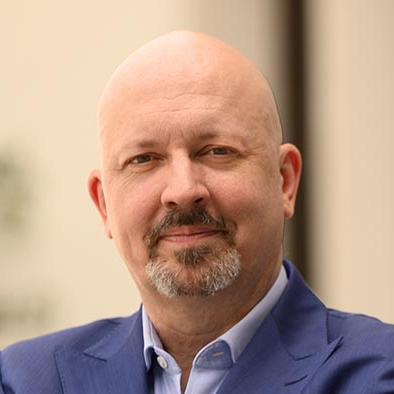Sessions
General introduction & coaching stepstones
We focus on the 2 models that are the central thread of this program: the CO-CREATE coaching model and the Paradox Theory of Leadership. Next, we will start practicing, focusing on creating trust and setting ambitious, meaningful objectives that drive sustainable motivation. Through observed peer-coaching you will learn how to start a coaching process with the end in mind, motivating your team members by connecting with their unique sense of purpose and vision.
After this session, you will:
- have a strong theoretical foundation;
- be familiar with neuroscience concepts and principles guiding the coaching practice;
- be able to situate coaching within the broader context of life-long growth and protean career development;
- understand the CO-CREATE model and be able to start applying its first elements, i.e. establishing connection and objectives.
Managing information, creating shared mind maps through dialogue
We dive into the first of the coaching competencies: managing information. We will first analyze and integrate cognitive neuroscience insights on attention, memory and information processing that inform the creation of beliefs. In the second part, we will practice observation, feedback, feedforward, and connecting dialogue, necessary to get a complete picture of the current reality of coachees, including their perceptions and values.
After this session, you will:
- have learned how people process information in order to improve your communication skills and be clear, understandable and persuasive;
- be familiar with the neuroscience basis of cognitive and social styles, the concept of brain dominance and associated self-leadership paradoxes, as a platform for authentic coaching and situational coaching;
- have trained fundamental but often overlooked coaching techniques such as observation, feedback, and feedforward;
- have advanced in working with the CO-CREATE model, with focus on understanding the context and situation and extracting coaching criteria;
- have practiced your newly acquired knowledge and skills through peer-coaching.
Managing emotions, self-regulation and positive contagion
We will dissect the concept of emotional intelligence, distinguishing the awareness and management of emotions, once again starting from how the brain processes and responds to workload, loss of control, stress, and conflict. We will then practice managing emotions during coaching processes, which requires you to timely switch between different foci, use active listening skills and be well-versed in cognitive-affective reappraisal.
After this session, you will:
- have learned how people process emotions in order to improve your observation skills and understand the code of non-verbal, body language;
- be familiar with the neuroscience basis of emotional self-regulation, empathy and coping, in order to help your employee/client manage emotions;
- know how stress is caused, how it develops and influences our body and brain and thus understand the logic behind stress and time management techniques;
- have advanced in working with the CO-CREATE model, now focusing on understanding often unconscious values and needs and extracting coaching criteria;
- have trained fundamental coaching techniques, e.g., switching between different foci while coaching the employee/client.
Leadership, managing people and change
We have a closer look at the third meta-competency, managing people, and analyze the premises and implications of the Paradox Theory of Leadership, a neuroscience-based framework based on hundreds of observations of managers in the NeuroTrainingLab™.
After this session, you will:
- be familiar with different leadership styles and their behavioral indicators and with the necessary conditions to activate different leadership styles;
- know the conditions, challenges, and costs of switching between different leadership styles;
- have trained fundamental coaching techniques such as goal-setting, change management, and developing skills;
- have advanced in working with the CO-CREATE model, now focusing on exploring alternative courses of action and choosing the most appropriate path.
Self-leadership, managing time and energy
In the knowledge society, a manager needs to optimally use all resources to get the best results in an efficient, yet sustainable way, including the energy levels in employees. That is why we will now take a deep dive into the fourth meta-competency: managing time, actions, and energy. We will use the BrainBalance as a reference model.
After this session, you will:
- have learned from occupational health psychology and the neurosciences which activities are conducive to promote brain health and flexibility;
- have trained fundamental coaching skills such as recognizing biases, suspending judgment, and developing ethically responsible and sustainable change in employees/clients;
- have advanced in working with the CO-CREATE model, now focusing on harnessing and targeting energy to consolidate new habits;
- have practiced the BrainBalance by developing an action plan for sustainable change.



